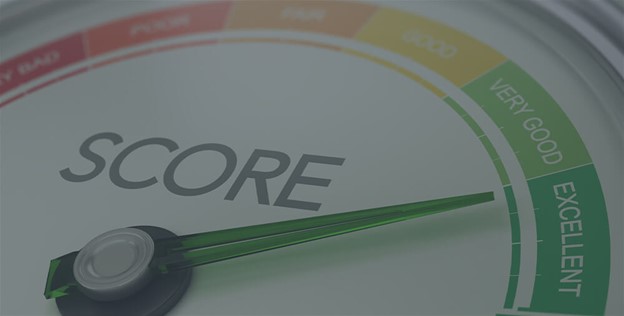A recent survey conducted by the Consumer Federation of America and VantageScore Solutions LLC shows Americans’ knowledge of credit scores has been steadily decreasing since 2012. The survey was conducted by phone and posed questions about credit scores to 1,002 Americans.
An improved economy may have contributed to the decline; people may not be as concerned about money and credit as they were during the 2008 recession.
Regardless of your current economic situation, ignorance of credit scores can negatively affect your credit and personal finances. According to the survey, some of the biggest knowledge gaps are:
1. Many consumers don’t know there is more than one credit score.
Only 62% of respondents in 2019 knew there were multiple credit scores, down from 78% in 2012.
The truth: People have three major credit scores, each maintained by one of the three major credit bureaus – Experian, TransUnion, and Equifax. Be sure you pull information from all three credit bureaus when you check your credit reports and credit score.
2. Many consumers don’t know their credit card balance affects their credit score.
In 2019, 66% of respondents knew that maintaining a low credit card balance could help them maintain a good credit score, down from 85% in 2012.
The truth: One of the factors that affect your credit score is debt utilization – essentially how much of your available credit you are using. High credit card balances indicate that you are using too much of your credit limit, which could harm your credit score. Keeping a low balance on your cards will improve your score.
3. Many consumers don’t know opening too many credit card accounts at once can hurt their credit score.
As of 2019, only 62% of respondents knew opening too many credit cards at once could harm their credit score, down from 83% in 2012.
The truth: Avoid opening too many credit card accounts at once (or other financial products like loans). Spread out your credit applications over time so that you don’t take a hit from too many hard inquiries.
4. Many consumers don’t think it’s important to check credit report accuracy.
In 2012, 82% of respondents believed it was important to check their credit reports for accuracy.
The truth:
Keeping track of your credit report is crucial to maintaining a healthy, accurate credit score. Inaccurate information can appear on your credit report as the result of human error or even criminal activity – and it can ruin your score without you even knowing. Your credit score can be protected if you frequently check it for accuracy by disputing potentially fraudulent activity. Finding inaccurate information can even help you detect identity theft and prevent it from negatively affecting your credit score.
With identity theft and credit monitoring, you can take the guesswork out of credit report accuracy, receiving notifications when something new appears on your credit report and even discovering and responding to identity theft.
Is your personal information on the dark web? Make sure your identity isn’t at risk!

